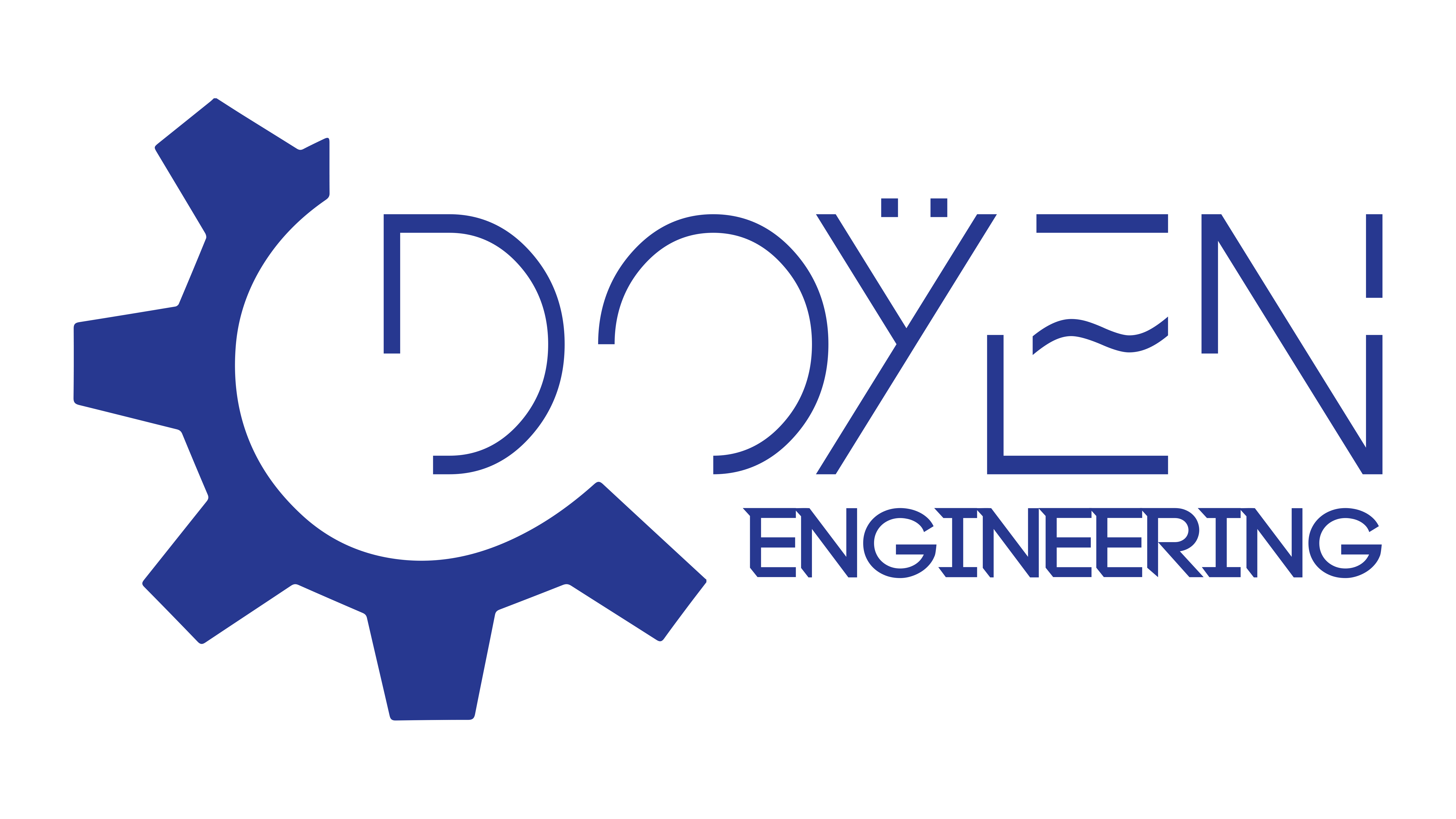
Introduction to Smart Metering Technology
Definition and Purpose
Smart metering technology refers to digital meters that measure energy consumption in real-time. Unlike traditional meters, smart meters provide detailed insights into energy usage patterns, allowing consumers to manage their energy consumption more effectively. They facilitate two-way communication between utility companies and consumers, enhancing grid efficiency.
The primary purposes of smart metering include:
- Accurate billing based on real-time usage
- Enhanced energy management for consumers
- Support for load forecasting and grid stability
History and Evolution
The roots of smart metering trace back to the early 2000s when utilities began transitioning from conventional analog meters to automated systems. The evolution has been remarkable:
- Early 2000s : Pilot projects introduced smart meters, mainly in urban areas.
- Mid-2000s : Accelerated deployment driven by regulatory mandates and technological advancements.
- 2010s : Widespread adoption, with millions of smart meters installed globally.
These steps not only modernized energy measurement but also improved customer engagement and energy conservation efforts. The journey continues as technology advances further.

Benefits of Smart Metering
Energy Efficiency
One of the standout benefits of smart metering technology is its impact on energy efficiency. By providing real-time data, consumers can identify energy usage patterns and adjust their habits accordingly. For example, a family might discover that their energy peaks during certain times and shift their usage to off-peak hours. This leads to:
- Better awareness of energy consumption
- Reduced waste of resources
- Enhanced energy conservation practices
Cost Savings
Cost savings are another significant advantage of smart metering. With accurate billing based on actual usage rather than estimated readings, consumers can enjoy:
- Minimization of surprise bills
- Opportunities to switch to more cost-effective energy plans
- Potential rebates and incentives for reducing peak usage
A neighbor once shared that after installing a smart meter, their monthly bill dropped significantly just by adjusting a few habits, reinforcing how smart metering presents tangible financial benefits.

How Smart Meters Work
Data Collection
Understanding how smart meters work begins with their impressive data collection capabilities. Smart meters continuously track energy usage, allowing for precise measurements throughout the day. This real-time monitoring helps consumers recognize their peak usage times and make more informed decisions about their energy consumption.
Key features of data collection include:
- Interval Data : Energy usage is recorded at regular intervals, often every 15 minutes.
- User-Friendly Dashboards : Many meters offer access to online platforms where individuals can analyze their consumption patterns.
Communication Protocols
Communication protocols play an essential role in smart metering technology, facilitating the exchange of data between the meter and utility companies. This connectivity ensures that both parties are always informed. For example, if you adjust your usage habits, the utility can adjust their grid operations accordingly.
Some common communication protocols include:
- RF (Radio Frequency) : Enables wireless transmission of usage data.
- Power Line Communication (PLC) : Utilizes existing electrical lines for data transmission.
Knowing how these systems work can be quite fascinating, especially when one considers the seamless flow of information that enhances energy management.

Types of Smart Meters
Residential Smart Meters
Residential smart meters are designed for home use, providing families with valuable insights into their energy consumption. These meters help homeowners monitor usage patterns and optimize their energy efficiency. With features like:
- Remote monitoring via smartphone applications
- Tariff options for cost-effective energy plans
- Notifications for unusual usage, helping prevent potential issues
Many families have reported significant savings after becoming aware of their consumption habits using these devices.
Commercial Smart Meters
On the other hand, commercial smart meters cater to businesses with greater energy demands. These meters offer more advanced functionalities and data analysis, essential for optimizing financial and operational efficiency. Key aspects include:
- High-resolution data collection for detailed analysis
- Support for demand response programs, allowing businesses to adjust usage during peak times
- Integration with building management systems to control energy-intensive equipment
With proper utilization, commercial smart meters can lead to substantial cost savings and improved sustainability practices, making them invaluable for modern businesses.

Implementation of Smart Metering Technology
Challenges Faced
While the adoption of smart metering technology offers numerous benefits, it does come with its set of challenges. Many utilities face hurdles such as:
- High Initial Costs : Installing a comprehensive network of smart meters can be expensive for utility companies.
- Data Privacy Concerns : Consumers may worry about their usage data being misused or inadequately protected.
- Integration Issues : Merging old systems with new technology often presents technical complexities.
An acquaintance in the utility sector often mentions the learning curve that accompanies such significant changes, emphasizing the need for proper training and public education.
Success Stories
Despite these challenges, many regions have successfully implemented smart metering, showcasing its effectiveness. For instance:
- In California, utilities reported a 15% reduction in energy usage after deploying smart meters, thanks to enhanced consumer awareness and engagement.
- Countries like Sweden have embraced smart metering nationwide, leading to improved grid reliability and reduced carbon emissions.
These success stories not only highlight the potential positive impacts of smart metering but also serve as motivating examples for others considering similar transitions.

Smart Metering and Environmental Impact
Reduction of Carbon Footprint
Smart metering plays a vital role in reducing carbon footprints by promoting more efficient energy consumption. By allowing users to track their energy usage in real-time, consumers are encouraged to adopt more sustainable habits. For example:
- Reducing peak-time energy consumption helps lower reliance on fossil fuel power plants.
- Identifying and eliminating wasteful practices leads to significant emissions reductions.
A neighbor once shared that after monitoring their energy patterns, they replaced several old appliances, contributing to a greener home.
Sustainable Energy Practices
In addition to reducing carbon footprints, smart metering encourages sustainable energy practices among consumers and utilities alike. Benefits include:
- Increased use of renewable energy sources, as users can opt for greener options based on real-time data.
- Participation in demand response programs, enabling more balanced energy consumption across the grid.
Many communities now share success stories where increased awareness from smart meters led to collective initiatives aiming for a sustainable future, proving that small changes can have a significant impact.

Future Trends in Smart Meter Technology
Advancements in Data Analytics
The future of smart metering is set to benefit greatly from advancements in data analytics. With machine learning and artificial intelligence, utilities can gain deeper insights into energy consumption patterns. This can lead to personalized recommendations for users, helping them optimize their energy usage even further. For instance:
- Predictive analytics can forecast energy demand, leading to better resource allocation.
- Users may receive tailored suggestions for energy-efficient appliances based on their usage data.
I remember hearing from a friend in the tech sector how exciting it is to see these innovations making a difference in daily lives.
Integration with Smart Grids
Another significant trend is the integration of smart meters with intelligent grid systems. This smart grid synergy leads to more reliable and efficient energy distribution. Key advantages include:
- Real-time monitoring and quick response to outages.
- Enhanced energy storage and management capabilities using distributed energy resources.
These advancements promise to create not only a smarter energy ecosystem but also a collaborative environment where consumers, utilities, and technology work hand in hand for a sustainable future.





